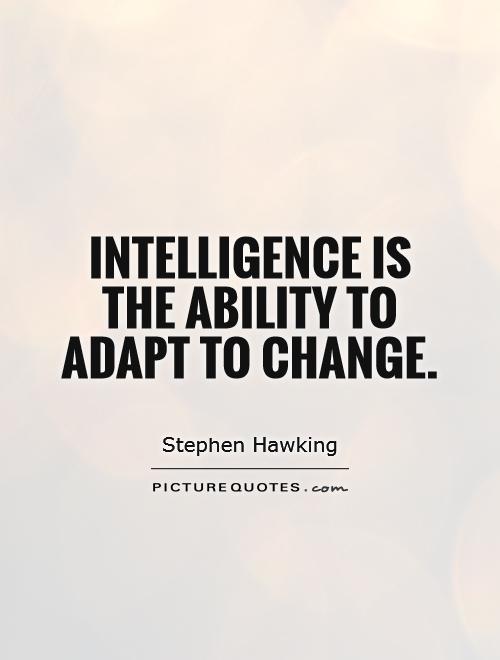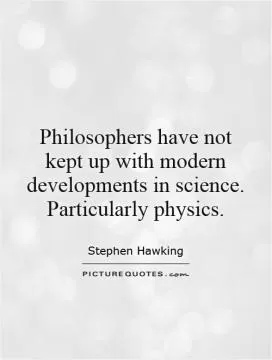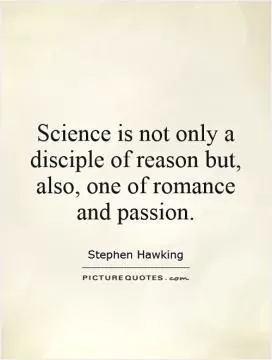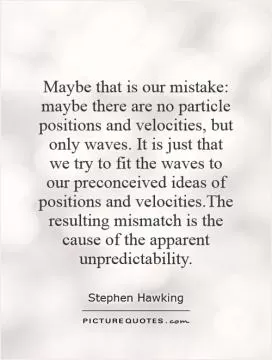Intelligence is the ability to adapt to change

Intelligence is the ability to adapt to change
Stephen Hawking, the renowned theoretical physicist and cosmologist, exemplified the idea that intelligence is the ability to adapt to change throughout his life and career. Despite facing immense physical challenges due to his motor neuron disease, Hawking continued to push the boundaries of human knowledge and understanding of the universe. His ability to adapt to his changing circumstances and find innovative ways to communicate his groundbreaking ideas to the world is a testament to his intelligence and resilience.Hawking's groundbreaking work in the field of theoretical physics, particularly his research on black holes and the nature of the universe, revolutionized our understanding of the cosmos. His theories on the origins of the universe, such as the concept of the Big Bang and the existence of black holes, have had a profound impact on the field of astrophysics and cosmology. Despite his physical limitations, Hawking's intellect and determination allowed him to overcome obstacles and continue his research, adapting to the challenges he faced with grace and perseverance.
One of the key aspects of intelligence is the ability to adapt to change, and Hawking's life is a prime example of this. Despite being diagnosed with a debilitating disease at a young age, he did not let his physical limitations hold him back. Instead, he found ways to work around his disabilities, using technology and innovative communication methods to continue his research and share his ideas with the world. His iconic voice synthesizer, which he used to communicate after losing the ability to speak, became a symbol of his resilience and determination to overcome adversity.
Hawking's ability to adapt to change extended beyond his personal circumstances to his scientific work as well. He was not afraid to challenge existing theories and push the boundaries of human knowledge, even if it meant facing criticism or skepticism from his peers. His willingness to embrace new ideas and think outside the box allowed him to make groundbreaking discoveries that have had a lasting impact on the field of theoretical physics.












 Friendship Quotes
Friendship Quotes Love Quotes
Love Quotes Life Quotes
Life Quotes Funny Quotes
Funny Quotes Motivational Quotes
Motivational Quotes Inspirational Quotes
Inspirational Quotes